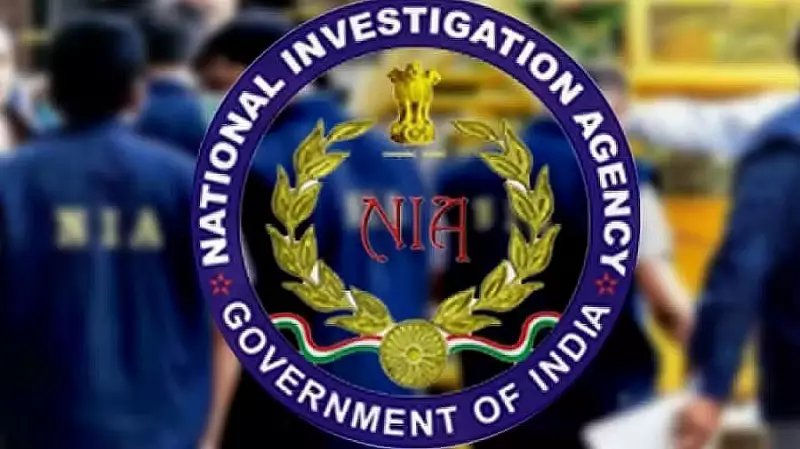
In a dramatic courtroom confrontation, India's National Investigation Agency (NIA) has mounted a vigorous defense of the nation's sovereignty while opposing the bail plea of Kashmiri separatist leader Shabir Shah in the Supreme Court.
'No Such Thing as Indian State of Jammu & Kashmir'
The investigative agency presented a compelling argument that resonated through the halls of justice: "Nobody can refer to India as the 'Indian State of Jammu and Kashmir'". This powerful statement underscores the government's firm position on the country's territorial integrity following the historic revocation of Article 370.
The Legal Battle Intensifies
Shabir Shah, a prominent figure in Kashmiri separatist politics, finds himself at the center of a legal storm as the NIA pushes for his continued detention. The agency's counsel emphasized that "the entire country is one and there is no such thing as the 'Indian State of Jammu and Kashmir' - a clear reference to the constitutional changes that reshaped the region's status.
Charges and Allegations
The NIA's case against Shah forms part of a broader investigation into:
- Terror funding networks operating across Jammu and Kashmir
- Alleged connections between separatist elements and militant organizations
- Financial channels supporting activities against national security
- Conspiracy allegations involving multiple stakeholders in the region
The agency's firm stance in the Supreme Court highlights the ongoing security concerns in the region and the government's determination to pursue cases against those accused of threatening national unity.
Broader Implications
This legal development comes at a crucial juncture in India's counter-terrorism efforts. The NIA's arguments reflect:
- The continued focus on dismantling separatist networks
- The legal reinforcement of constitutional changes in Jammu and Kashmir
- The government's uncompromising position on national security matters
- The judicial system's role in addressing complex security challenges
As the legal proceedings continue, all eyes remain on the Supreme Court's decision, which could set significant precedents for similar cases involving separatist elements across the country.






